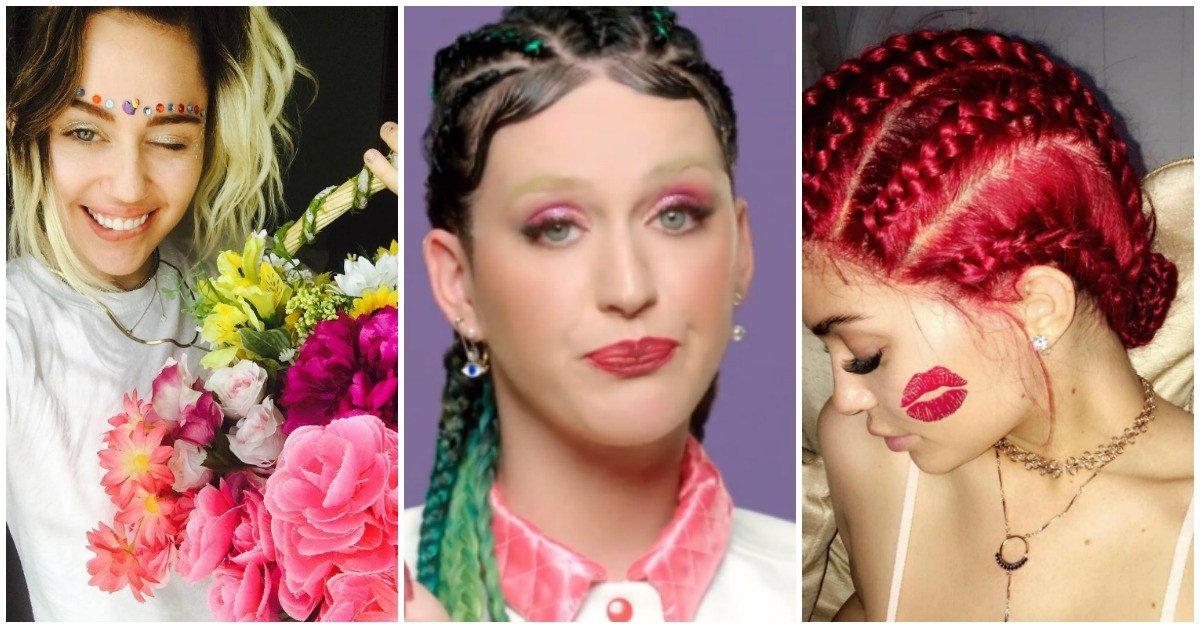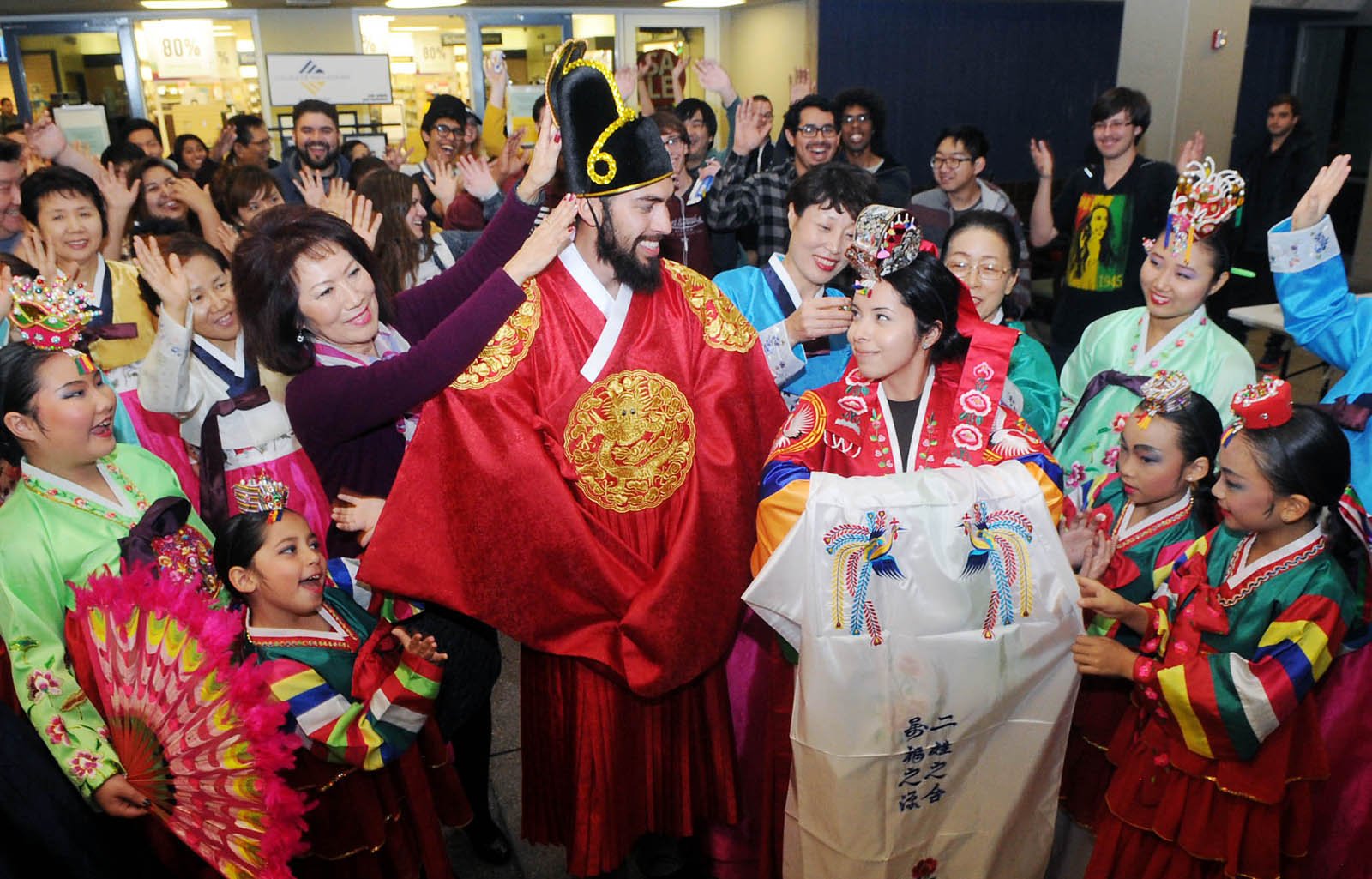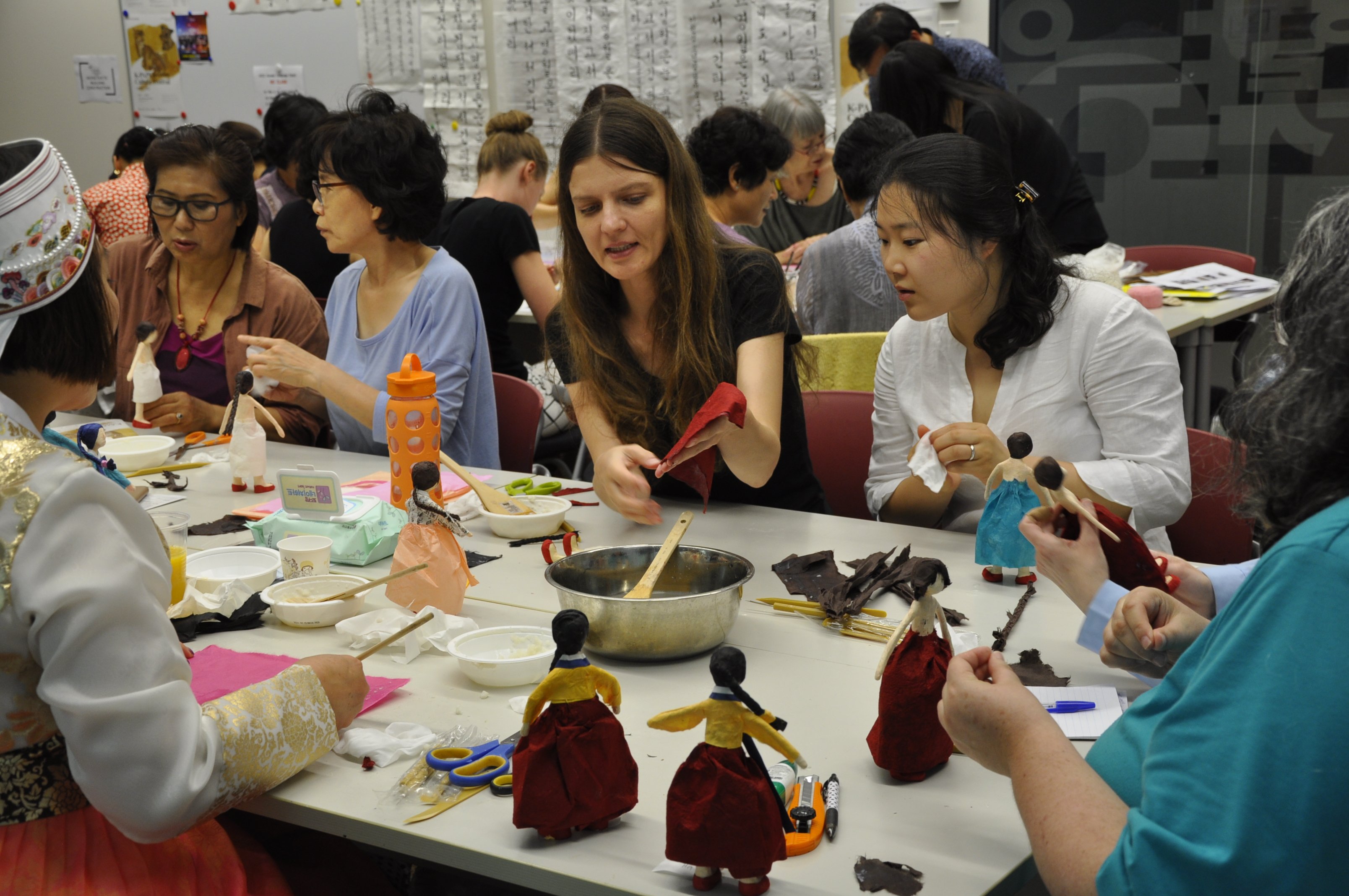
Hypocrite!
So, I’ve gone off the rails a bit when it comes to “Cultural Appropriation” in past posts. I, a son of immigrants and in fact the first person in my entire extended family to be born outside of Korea, am a resolute opponent of groupthink and even acknowledging the existence of appropriation. I have yet to see a single legitimate contemporary example of some ‘dominant’ party subjugating or appropriating a sub-dominant one. Feathery Native-American headdresses at Coachella or red Chinese dresses at prom do not count. As a personal note, if you believe that these are transgressions, you believe that your culture is so feeble that it needs special protection and acknowledgement.

But today I’m going to talk about something that may at first glance seem to undermine my entire perspective on cultural appropriation. I don’t acknowledge that appropriation exists. Maybe are there some psycho ideologues that want to put other ethnicities beneath them. There is no evidence to this, but I believe many are actually trying to “re-appropriate” their culture. That is, reclaim culture that they have freely given up to history and the global, not thinking it was useful then but now realizing how much equity authentic culture can afford them.
Confused yet? Let’s hop into a clear example and examine how a culture is trying to re-appropriate its identity.
Korea has been giving away star athletes
Seriously. Over the last few decades, Korean culture has actually expelled a number of prominent athletes from its grounds. Examples -
Viktor An. This 100% Korean citizen with actual name Hyun Soo An was cultural cast out of the sports system in Korea. At the time, the national speed skating organization was in disarray and An faced multiple instances of bullying and lack of support, a symptom common across sports organizations in the country. He eventually packed up his bags and career and supplanted both in Russia where he went on to win several Olympic gold alongside other international accolades.
An equivalent experience befell talented female golfer Sun-Ju Ahn. She wanted to enter Korea’s pro circuit but wasn’t taken in by any agencies, all claiming that she was too fat/unattractive to compete on their behalf. She moved off to Japan where she now has a flourishing career.

Should Korea be allowed to say something is there’s after failing to produce a culture of acceptance and support?
This might seem at first seem very different than the “appropriation” of native American headdresses and Japanese kimonos, but the underlying motivations and consequences are identical. Today, you would be hard pressed to find anyone who wears their identifiable costumes. Koreans for example identify immediately with hanbok robes but are unlikely to ever wear them outside of major events like weddings and funerals. A combination of this sentiment with the global need to sell one’s culture causes a situation where the ‘right’ to a cultural artifact is no longer tenable. If I don’t wear a hanbok, I have no right to demand a non-Korean not wear one. Whether it be fashion, food, or even a person with a particular skill, if a country/people are willing to let it go, they no longer hold a claim of ownership.

I suspect this is why many people of foreign origin are quick to decry another race of people wearing “their culture” or taking on any mastery of “their food/craft/history” for example. It is a genuine mix of shame and confusion that leads to so many outcries of appropriation.
The interesting turn of events happens when a culture suddenly realizes that it has given up claim on something they should have held tight. In Korea’s case, they gave up certain professionals with such a focus on outward appearance and presentability instead of skill.
Let me know what you think of this. Would this be considered re-appropriation? What would you do on either side in these situations?

